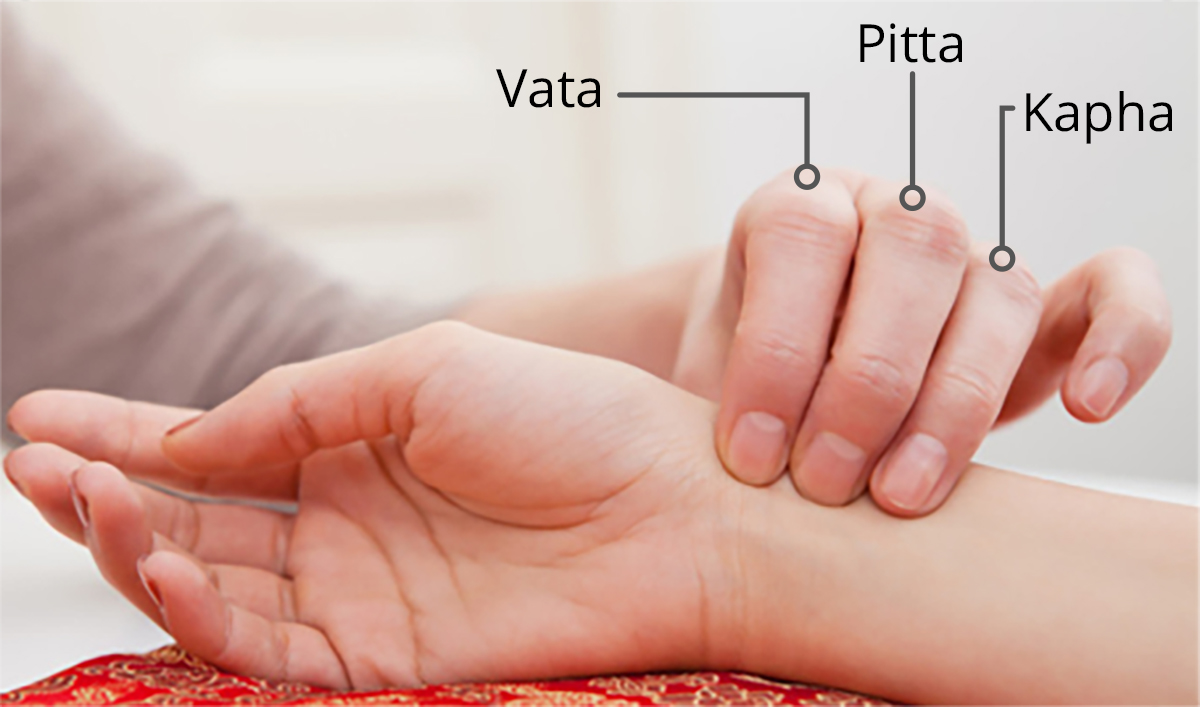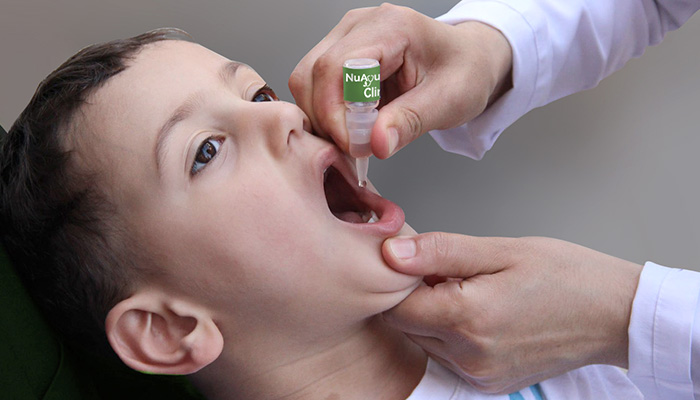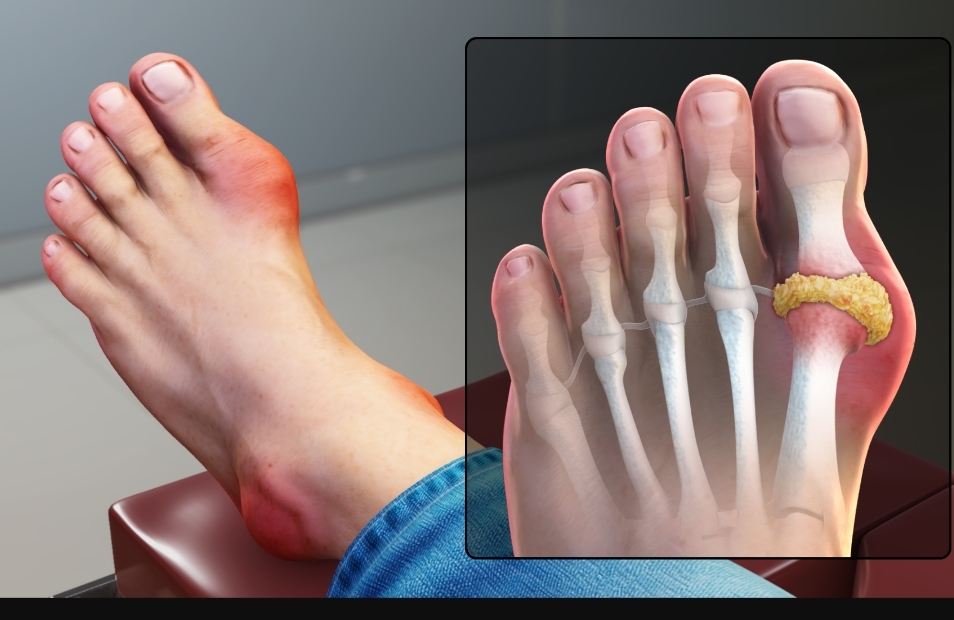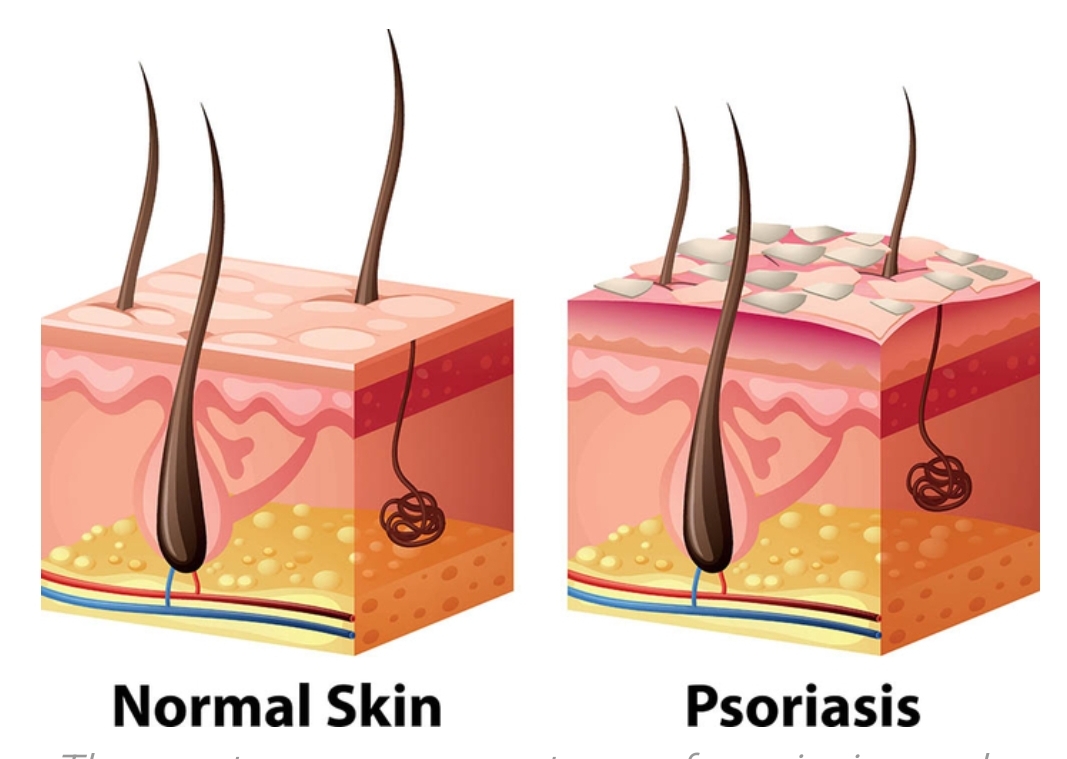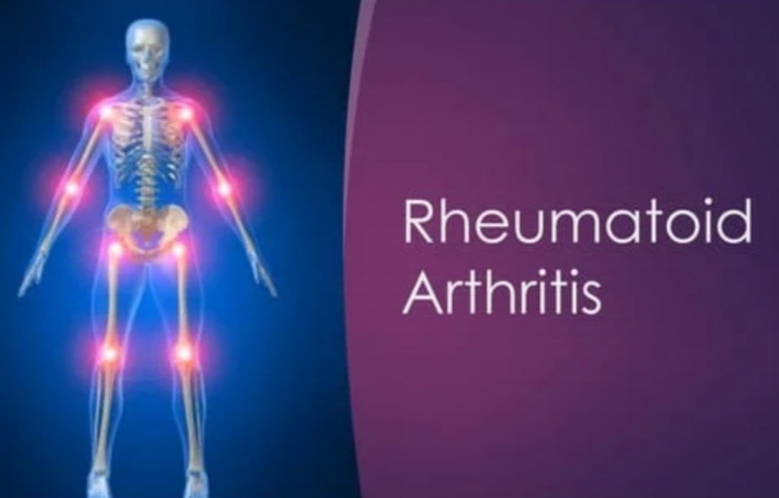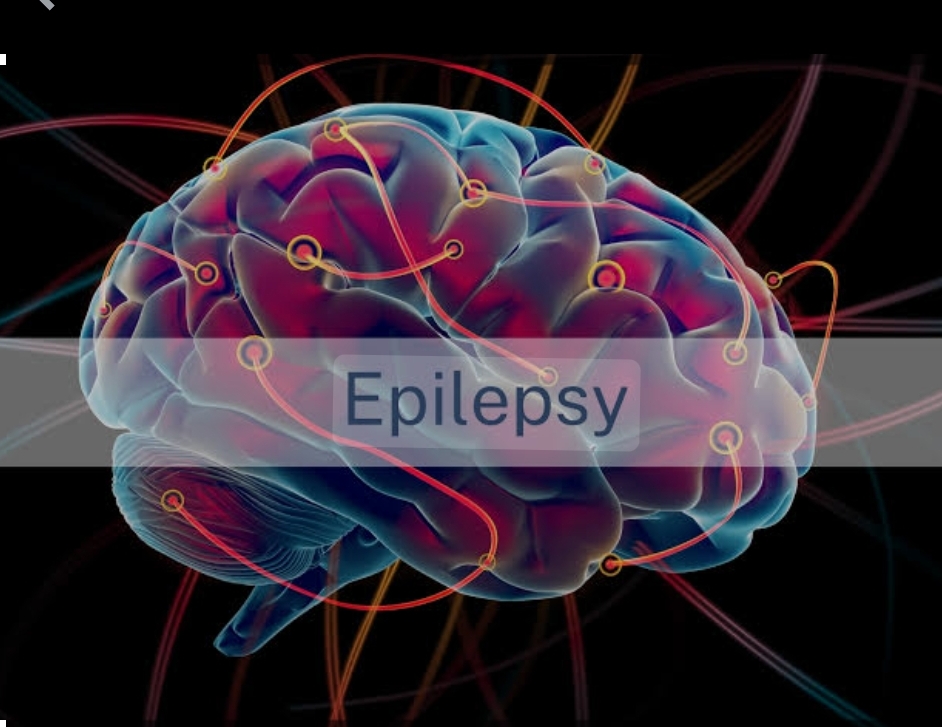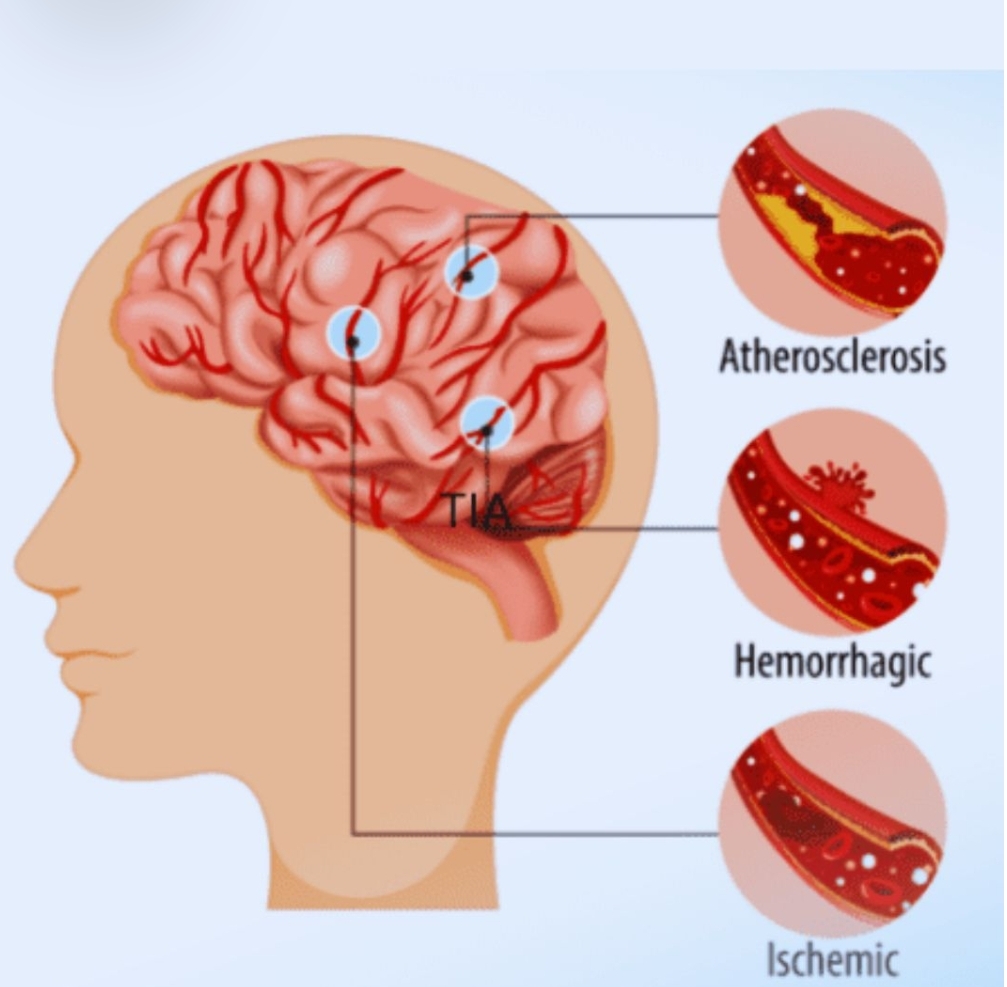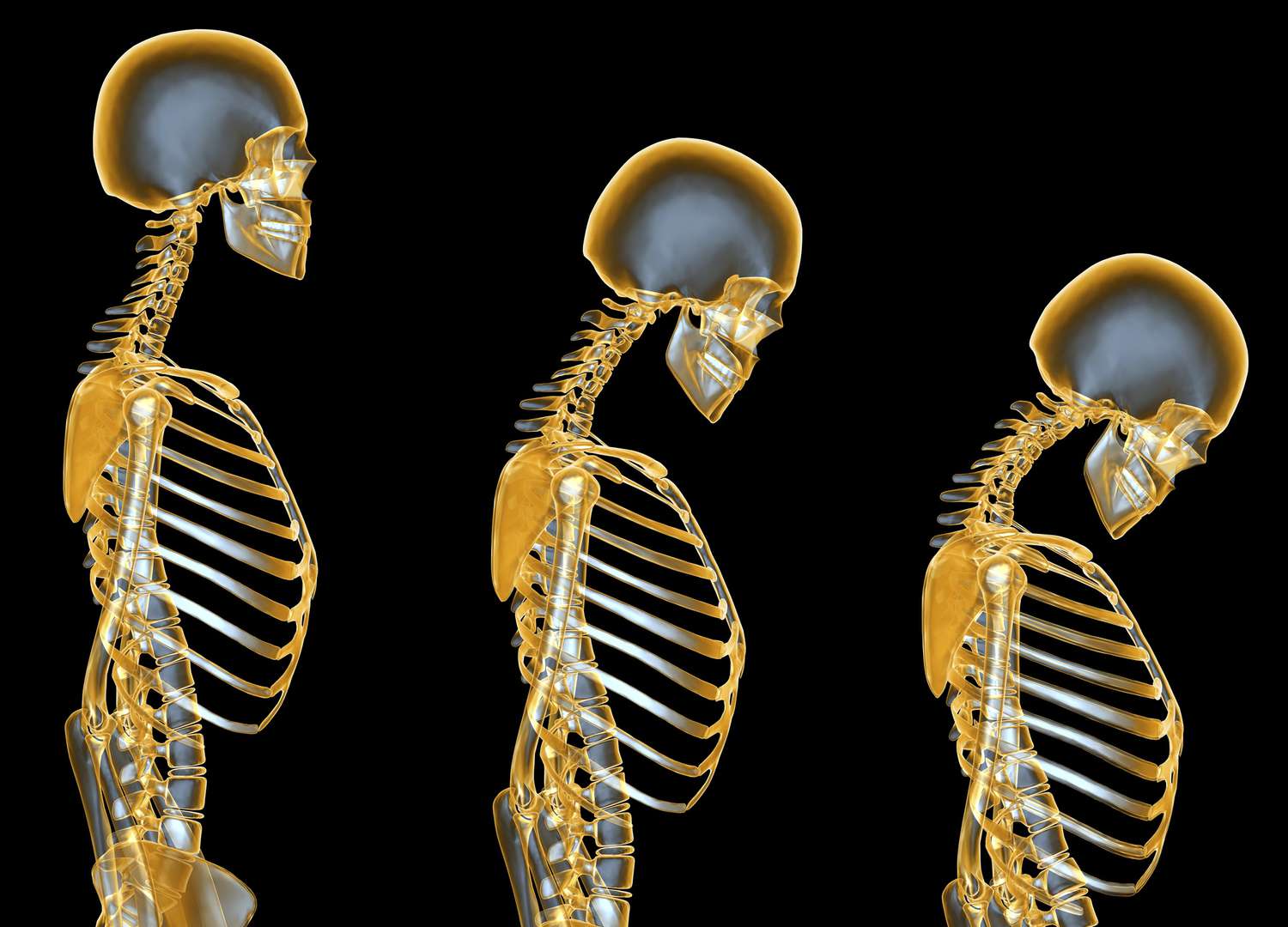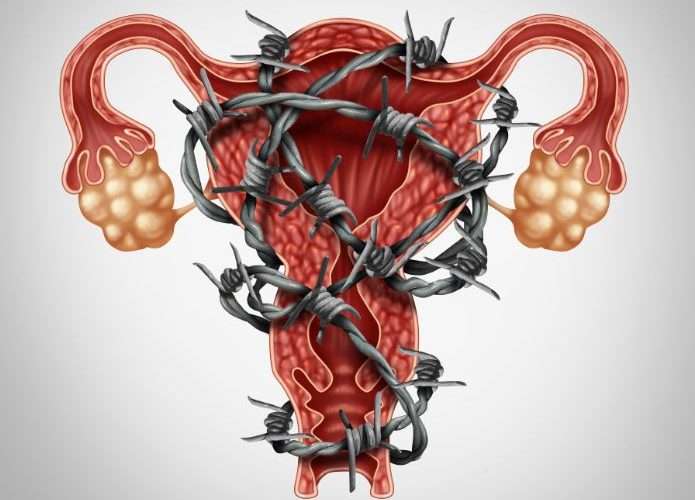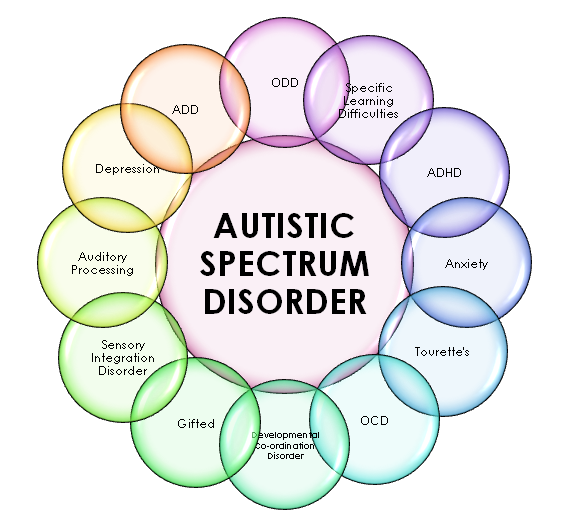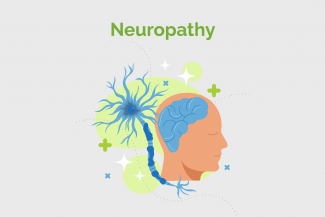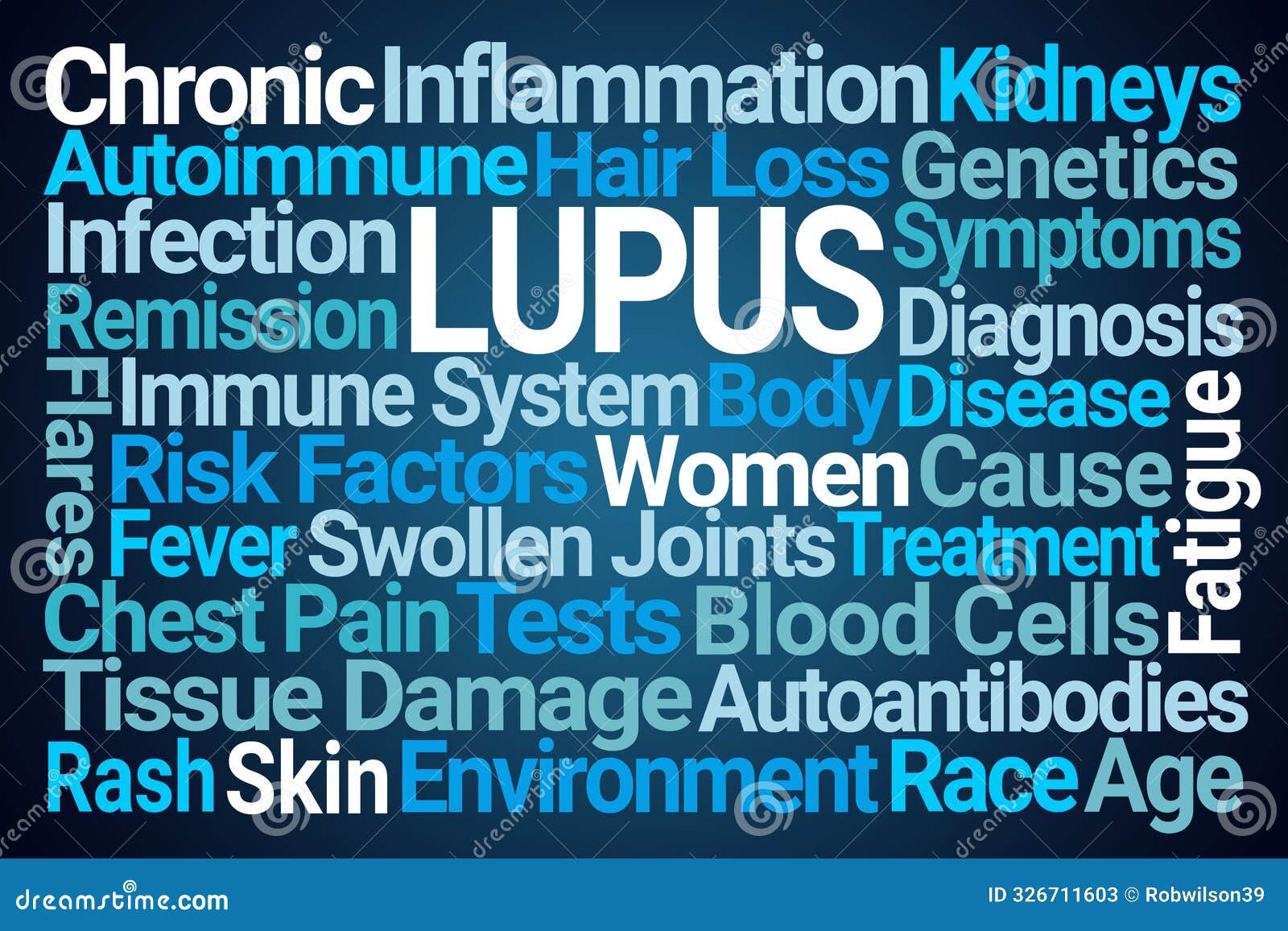
Lupus
Lupus, also known as Systemic Lupus Erythematosus (SLE), is a chronic autoimmune disease. It occurs when the immune system mistakenly attacks healthy tissues, causing inflammation and damage to various organs.
Symptoms
Common symptoms include:
- Joint pain and swelling
- Fatigue
- Fever
- Skin rashes (butterfly-shaped rash on face)
- Hair loss
- Mouth and nose ulcers
- Kidney damage
- Neurological problems (seizures, memory loss)
Types of Lupus
1. Systemic Lupus Erythematosus (SLE): Most common form.
2. Discoid Lupus: Skin-only symptoms.
3. Cutaneous Lupus: Skin symptoms.
4. Drug-induced Lupus: Caused by medications.
5. Neonatal Lupus: Affects newborns.
Causes and Risk Factors
1. Genetics
2. Hormonal influences
3. Environmental triggers (UV light, infections)
4. Family history
5. Age (peak onset: 15-45 years)
6. Sex (females more affected)
Diagnosis
1. Medical history
2. Physical examination
3. Blood tests (ANA, anti-SSA/Ro)
4. Imaging tests (X-rays, ultrasound)
5. Biopsy
Ayurveda Treatment for Lupus
In Ayurveda, Lupus is considered a "Pitta" disorder, characterized by an imbalance of the Pitta dosha. This imbalance leads to inflammation, autoimmune responses, and damage to various organs.At Gayatri's Heritage Ayurveda ,the severity of pitta imbalance in a lupus patient is first identified by Nadi Pariksha and Panchakarma treatments with specific medications and other internal medicines are advised.
Treatment Principles
1. Balance Pitta dosha through diet, lifestyle, and herbs.
2. Detoxification (Panchakarma) to remove toxins (ama).
3. Strengthen immune system with Rasayana therapy.
4. Reduce inflammation with anti-inflammatory herbs.
Dietary Recommendations
1. Cooling, nourishing foods (ghee, rice, lentils).
2. Avoid spicy, sour, salty foods.
3. Emphasize fruits, vegetables, whole grains.
4. Drink lukewarm water, herbal teas.
Herbal Remedies
The following Herbal medicines and others are used in preparing ayurvedic medicines for Lupus
1. Turmeric (Curcuma longa): Anti-inflammatory, antioxidant.
2. Ginger (Zingiber officinale): Anti-inflammatory, digestive.
3. Ashwagandha (Withania somnifera): Immune-modulating, stress-reducing.
4. Boswellia (Boswellia serrata): Anti-inflammatory, pain-relieving.
5. Neem (Azadirachta indica): Immune-modulating, detoxifying.
Panchakarma Procedures
1. Abhyangam: Warm oil massage to relax muscles.
2. Shirodhara: Oil pouring on forehead to calm mind.
3. Njavarakizhi: Rice pouch therapy for joint nourishment.
4. Basti: Medicated enema for detoxification.
Lifestyle Changes
1. Stress management (yoga, meditation).
2. Regular exercise (gentle, avoid excessive).
3. Sleep hygiene (consistent sleep schedule).
4. Avoid excessive sun exposure.
Ayurvedic Formulations
1. Kaishore Guggulu: Anti-inflammatory, detoxifying.
2. Maha Yogaraj Guggulu: Immune-modulating, rejuvenating.
3. Triphala: Digestive, detoxifying.
Treatment Duration
Treatment duration varies depending on severity and individual response. Typically, 3-6 months of intensive treatment, followed by maintenance therapy.



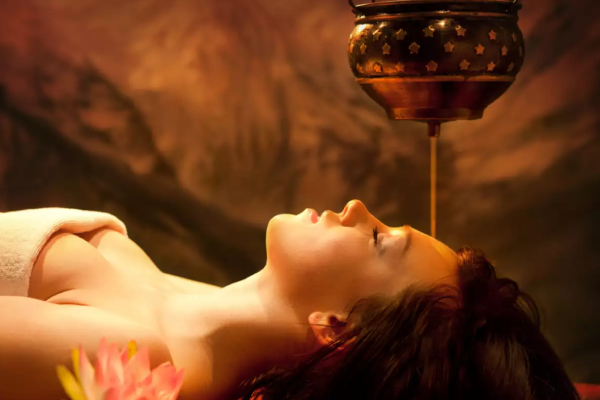
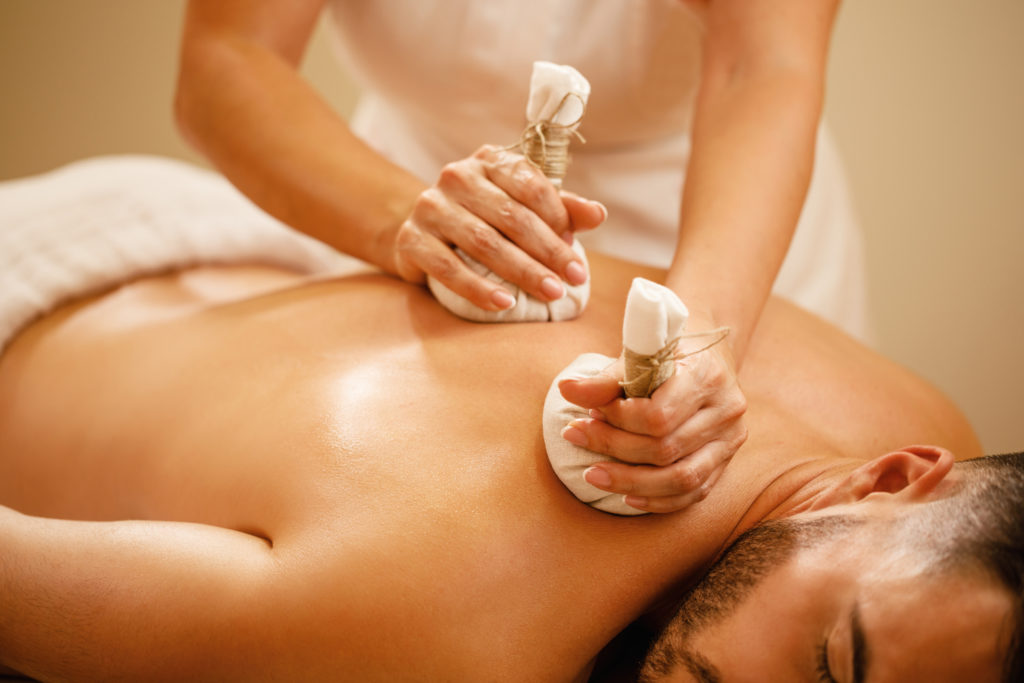
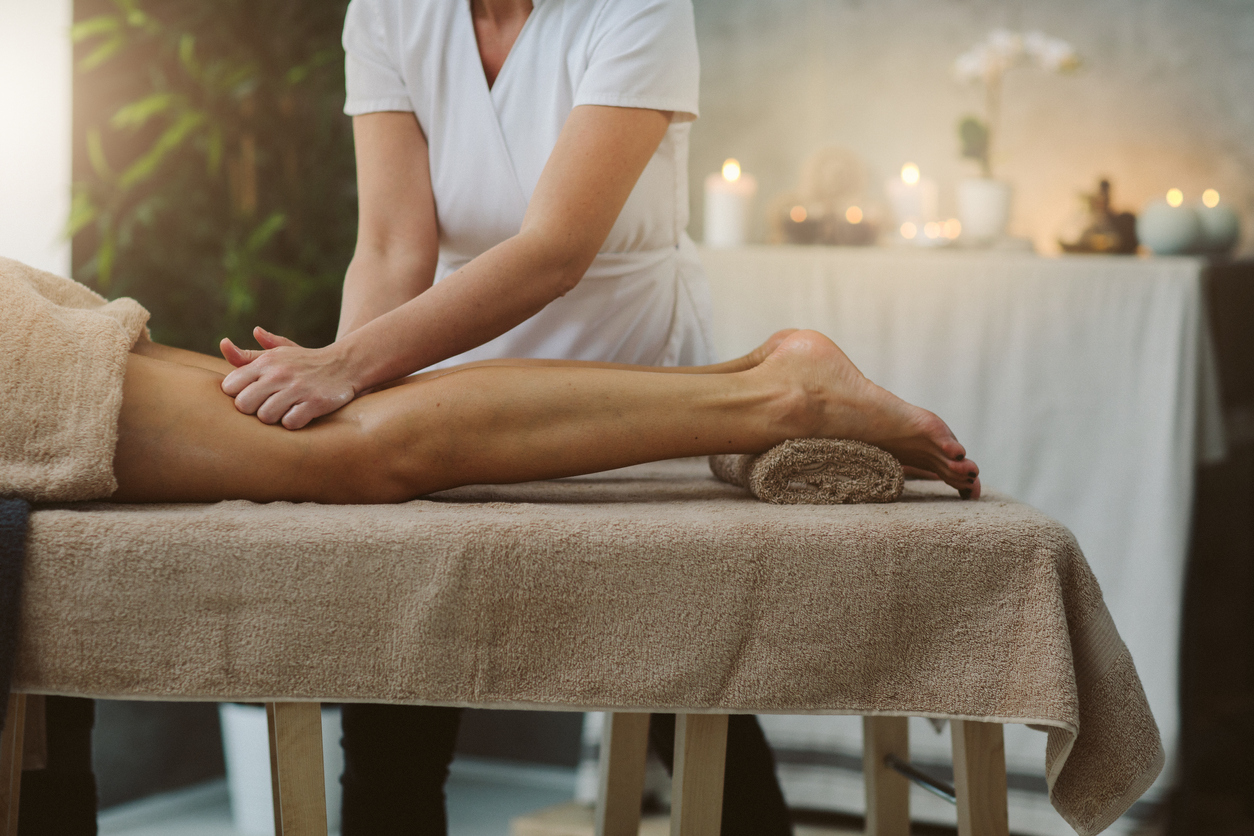
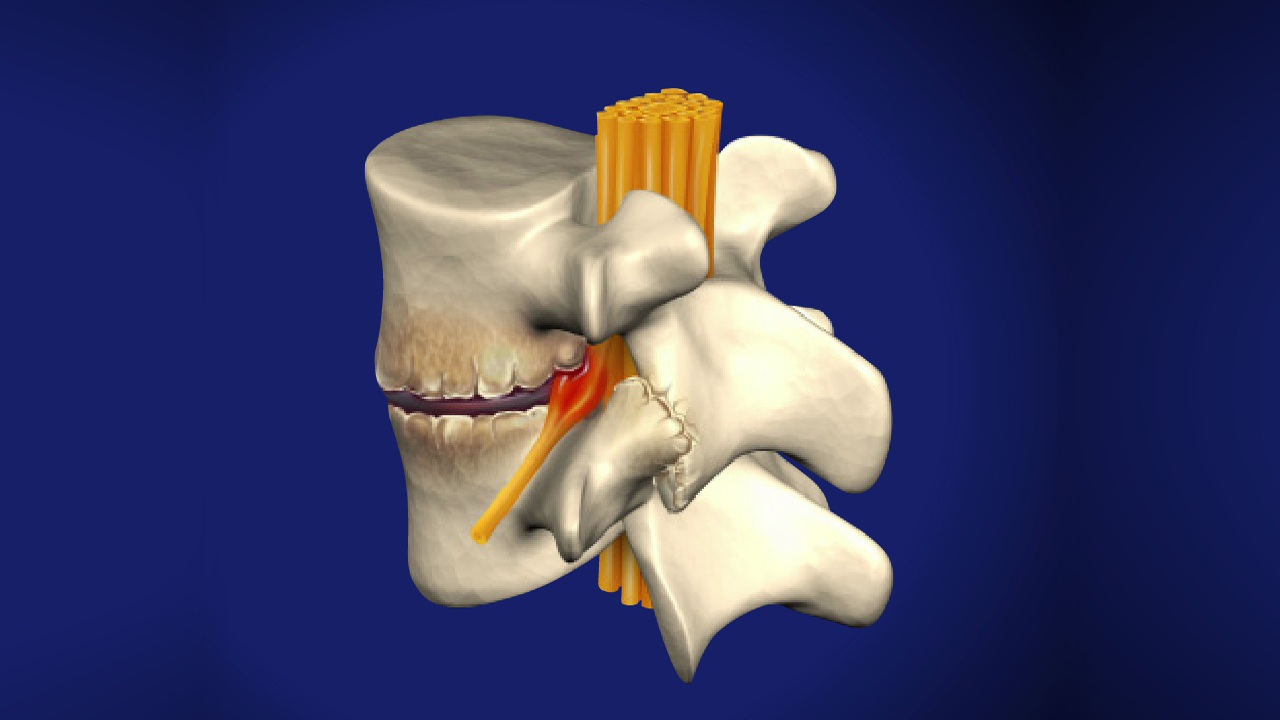
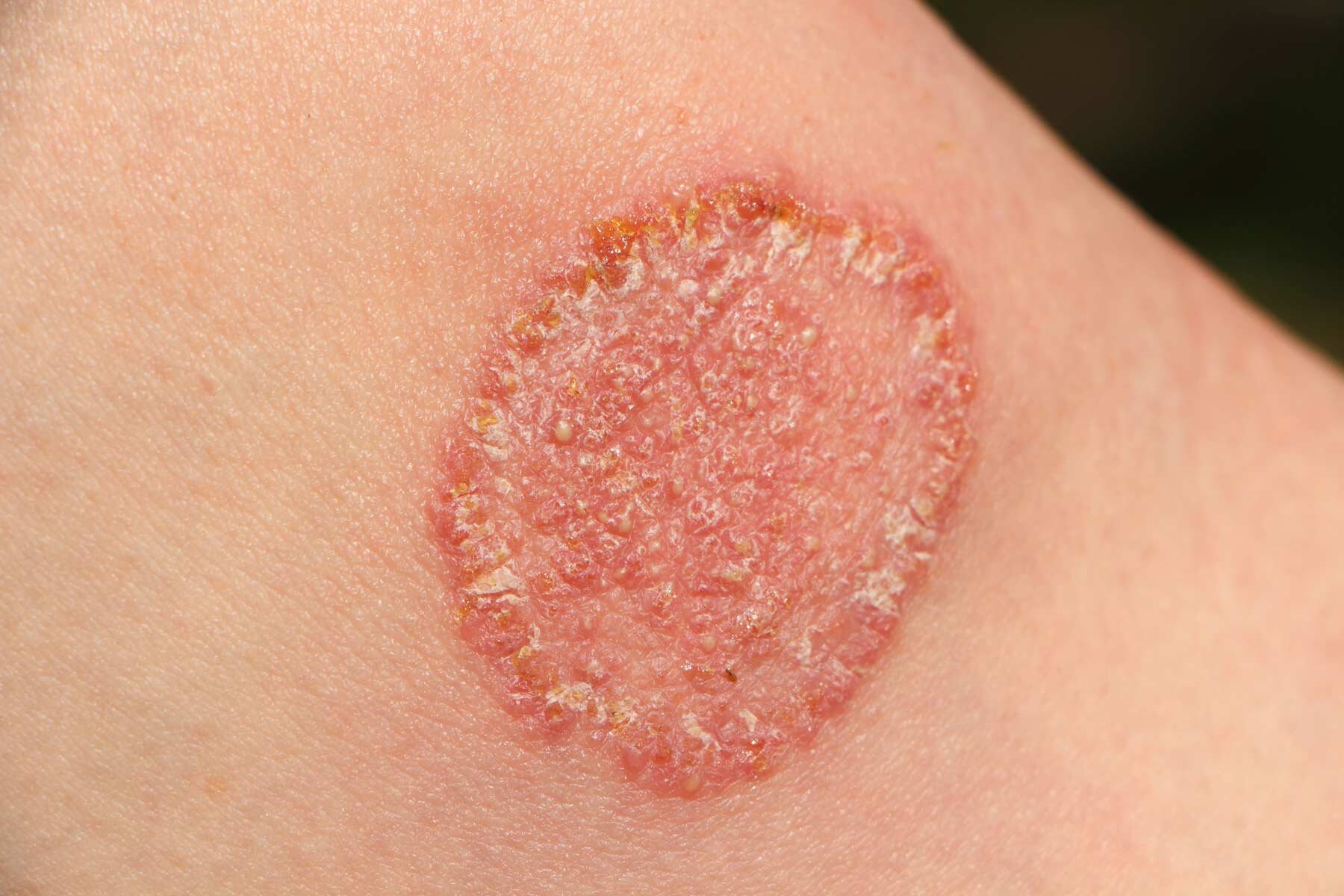
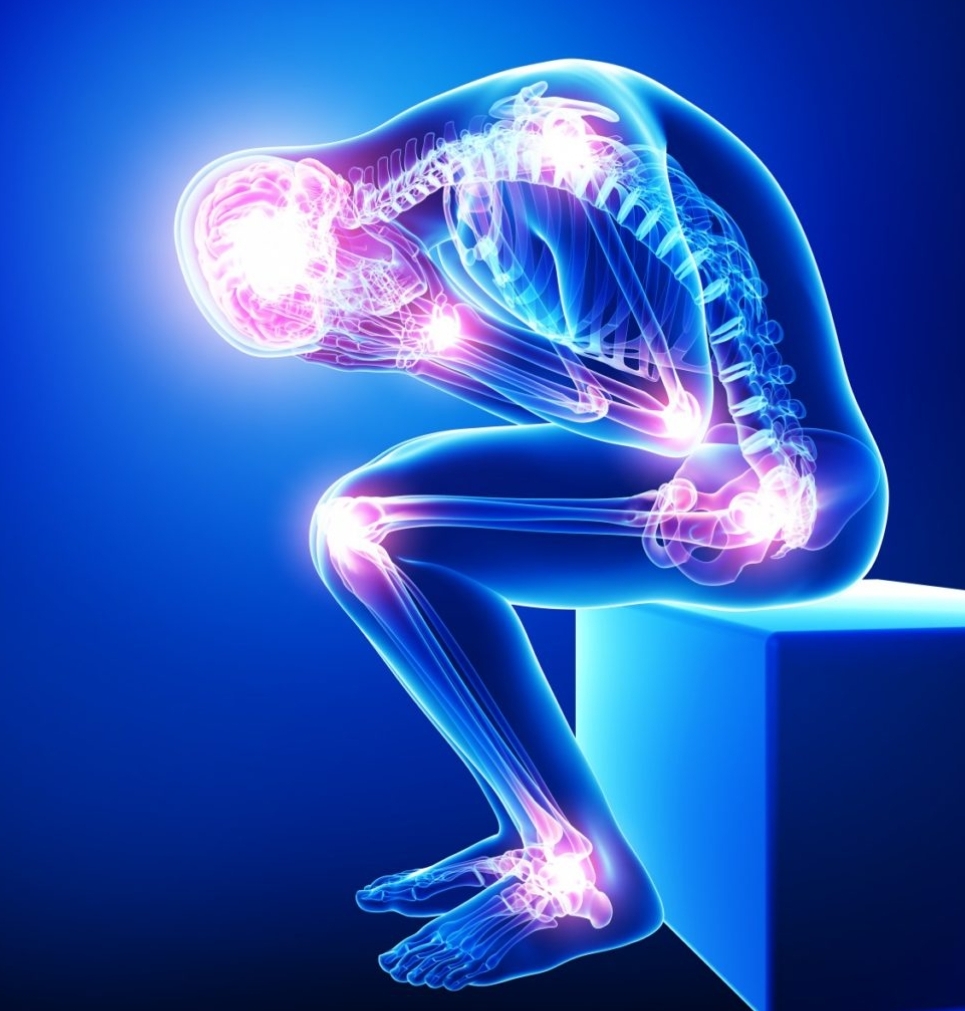
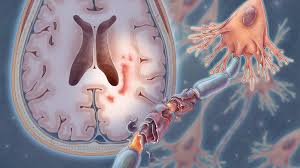


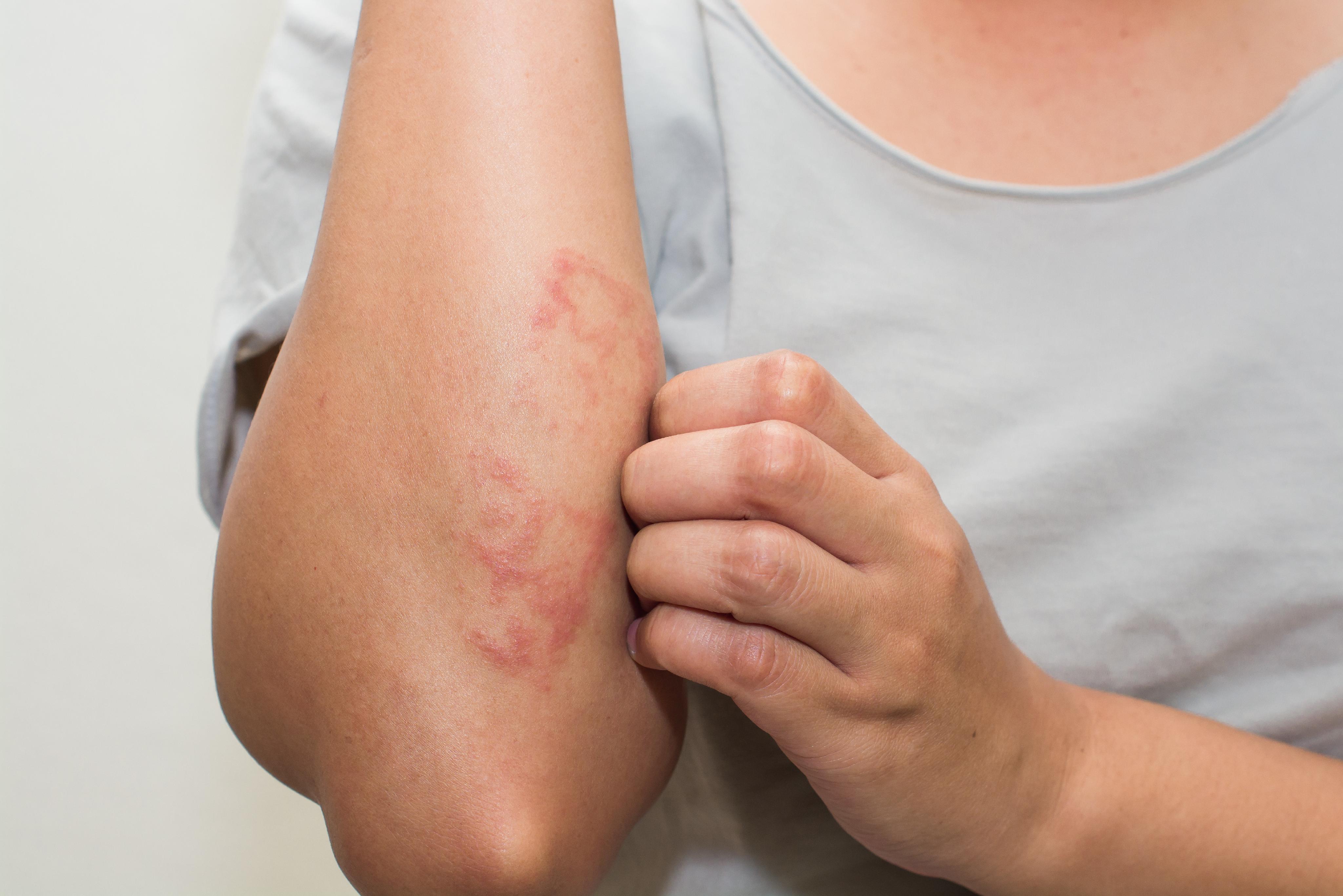
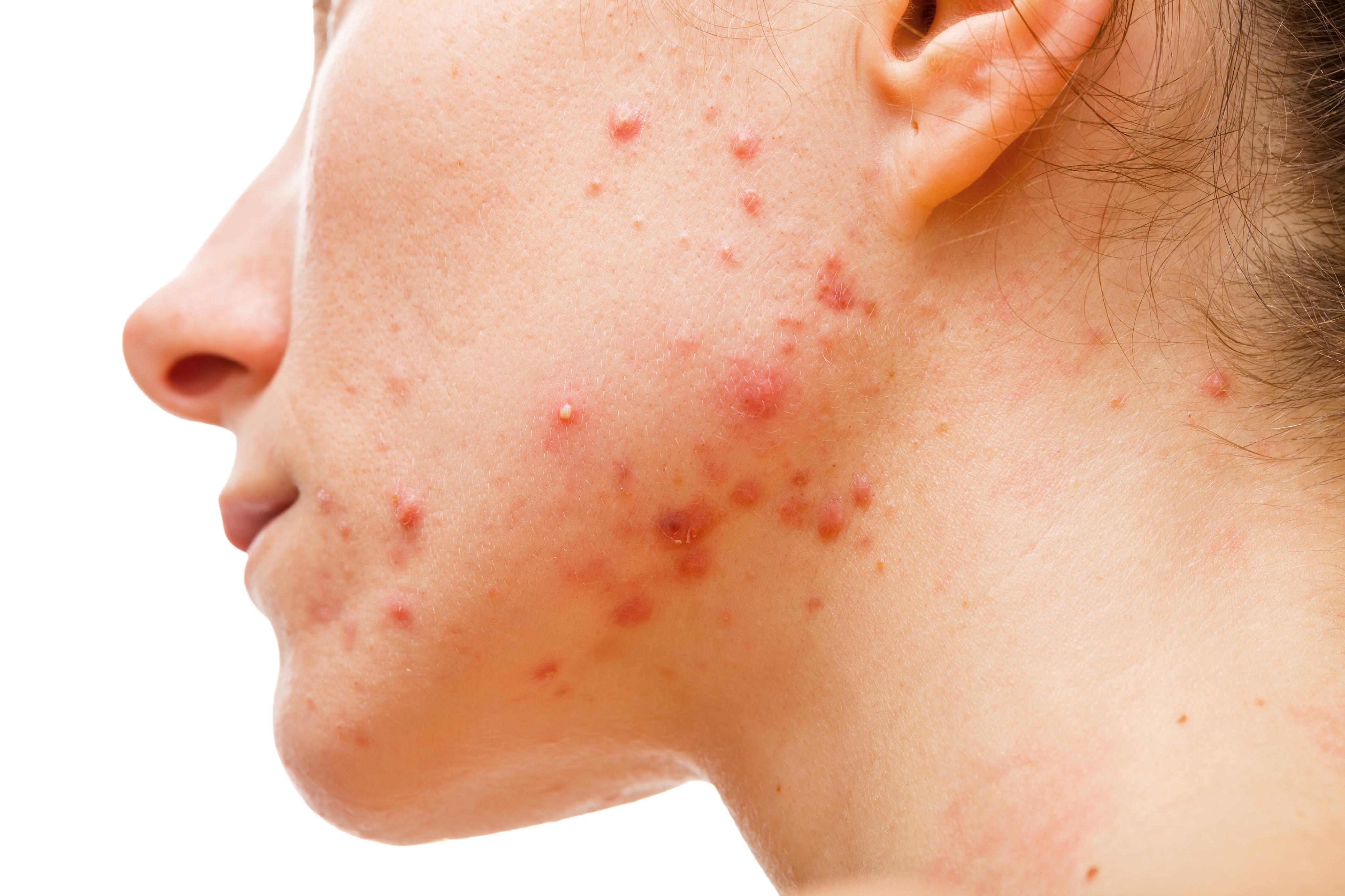
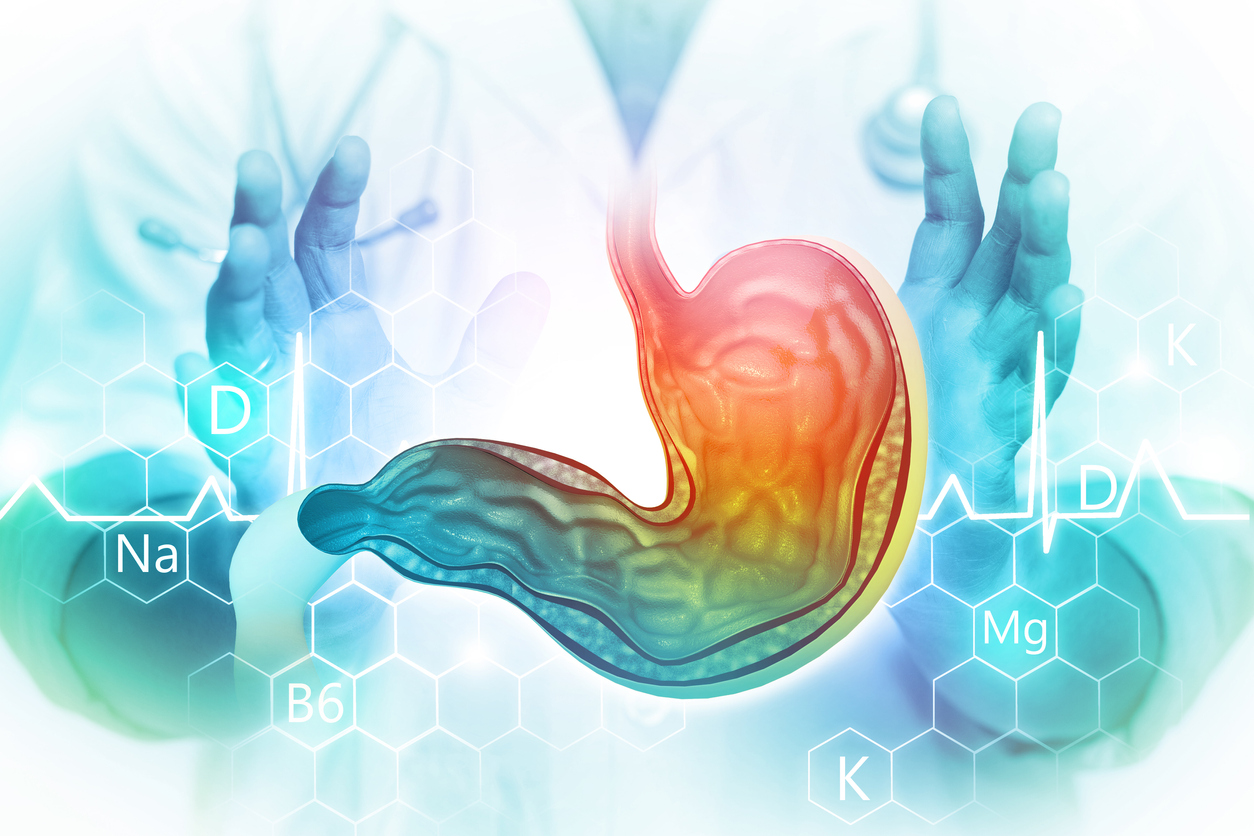
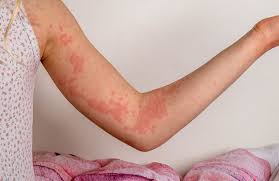
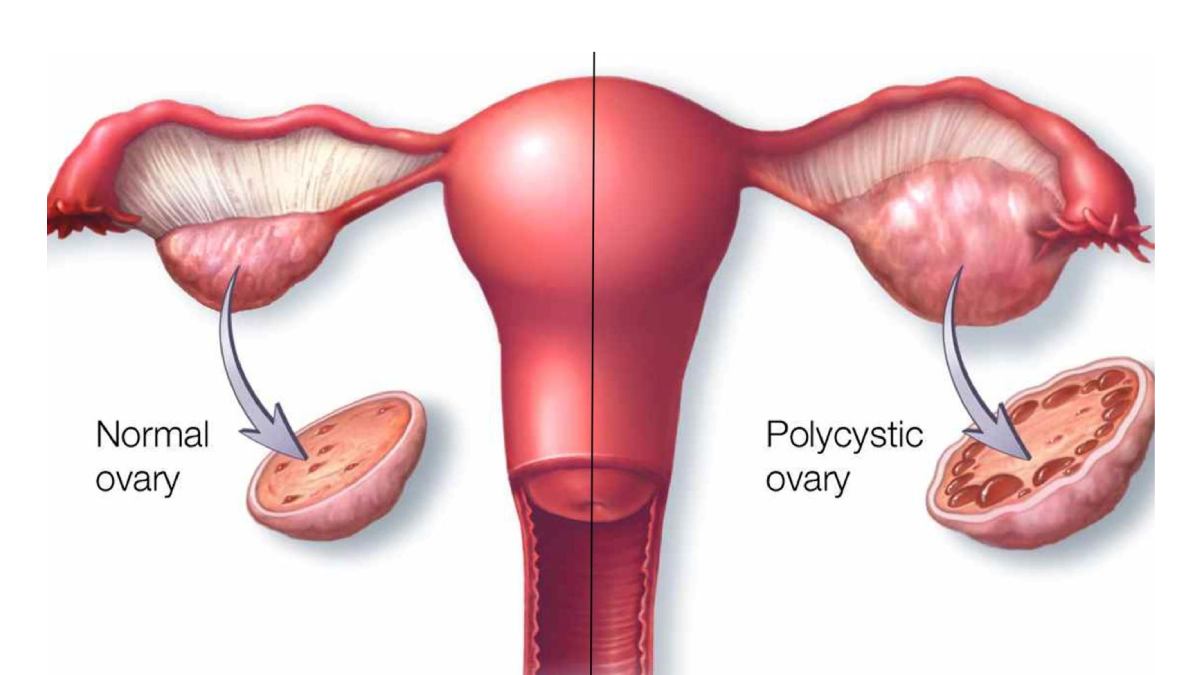
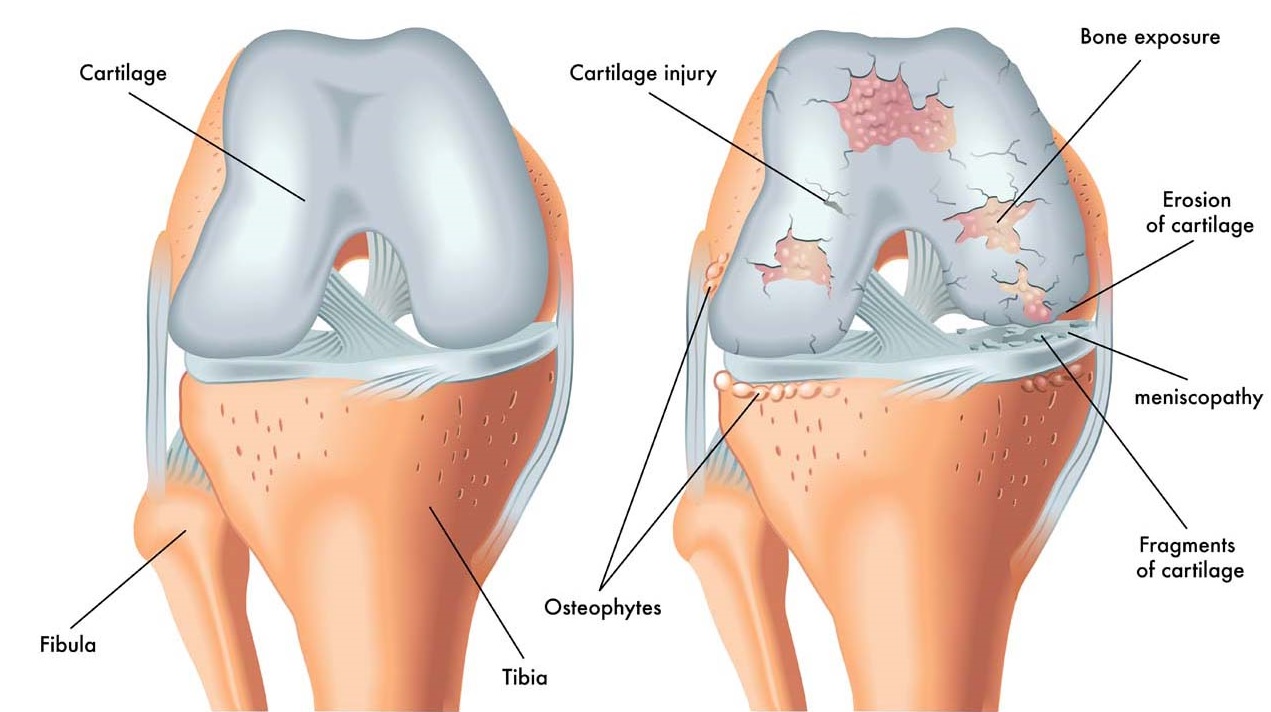
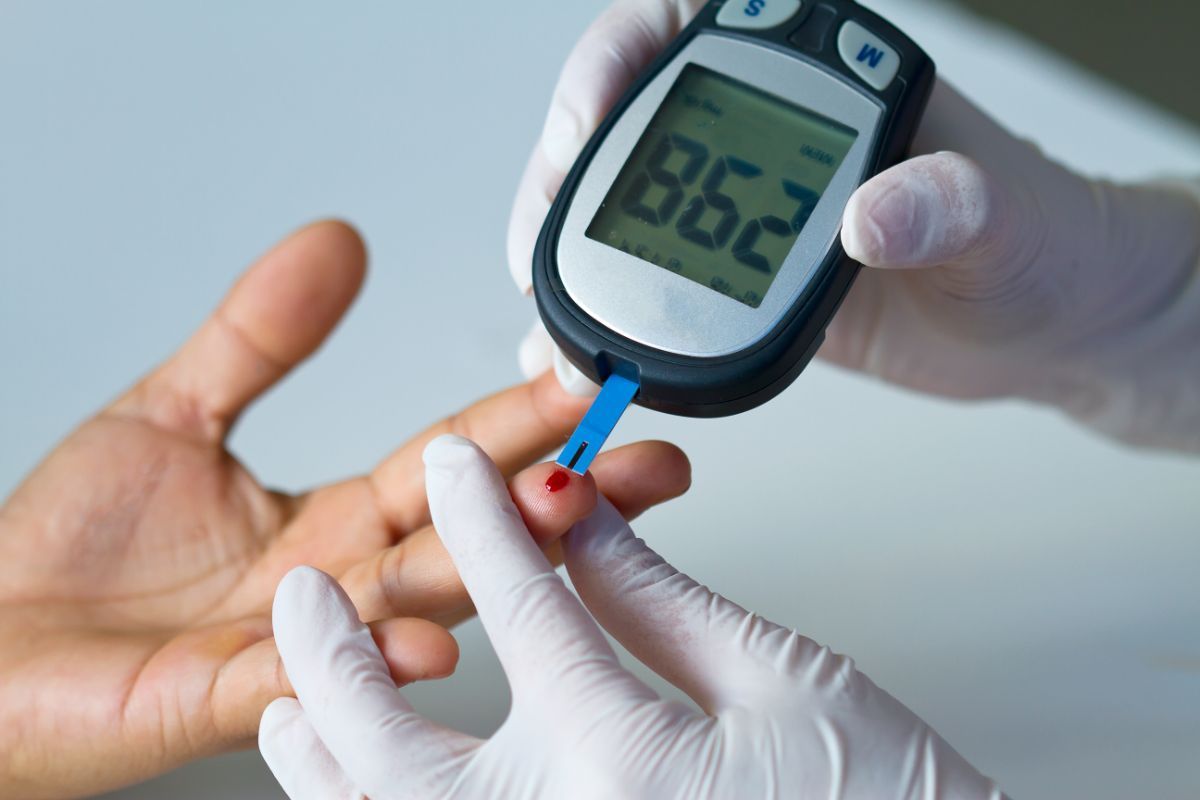
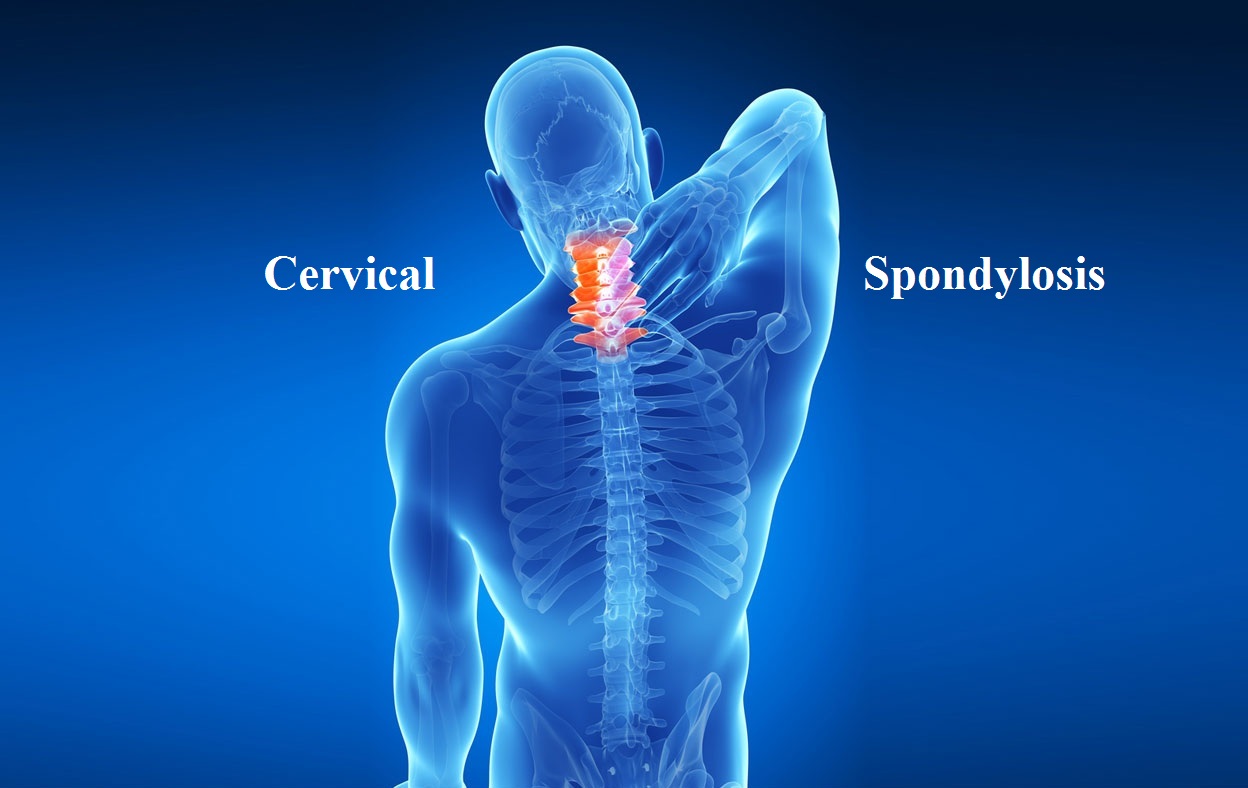
.jpg)

